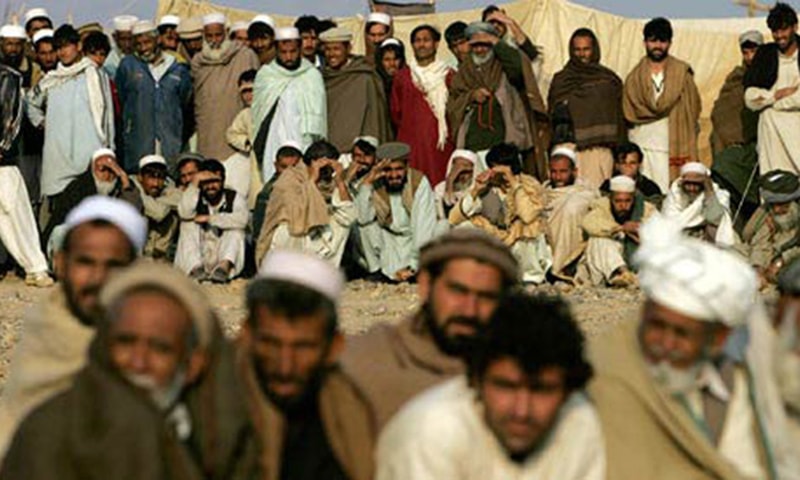Stop forceful return of Afghan refugees from Pakistan: HRW

The Human Rights Watch (HRW) spoke against the forceful return of Afghanistan refugees from Pakistan, reminding the government of their obligation to protect all Afghans in the country, including those not registered as refugees.
The recent increase in the repatriation of refugees seem to indicate that the have been coerced into leaving by the local authorities, claimed HRW in a statement on Sunday.
Since the attack on the Army Public School in Peshawar, there has been notable rise in Afghan refugees leaving the country. According to the UN refugee agency (UNHCR), nine times as many Afghan refugees repatriated from Pakistan in January 2015 than in December 2014.
“Pakistani officials should not be scapegoating Afghans because of the Taliban’s atrocities in Peshawar,” said Phelim Kine, deputy Asia director at Human Rights Watch. “It is inhumane, not to mention unlawful, to return Afghans to places they may face harm and not protect them from harassment and abuse.”
Nearly all of the refugees returned from three Pakistani provinces – Khyber Pakhtunkhwa, Azad Kashmir, and Punjab – where an increase in arrests, detentions, and evictions of Afghans were reported during the same period.
The overwhelming majority of Afghans who have left Pakistan since December 16, 2014, have not been formally deported, but are rather categorized as “spontaneous returns".
Also read: Afghan refugees won’t be harassed, PTI assures envoy
An official form International Organization for Migration told Human Rights Watch that many of the unregistered Afghan returnees reported that they had left Pakistan to escape harassment following the Peshawar attack.
“Pakistan’s government is tarnishing the country’s well-deserved reputation for hospitality toward refugees by tolerating the punitive and potentially unlawful coercive repatriation of Afghan refugees,” Kine said.
“The government needs to defend the rights of its Afghan population and ensure that local authorities aren’t carrying out vindictive reprisals for an atrocity the Afghan refugees bear no responsibility for.”












































